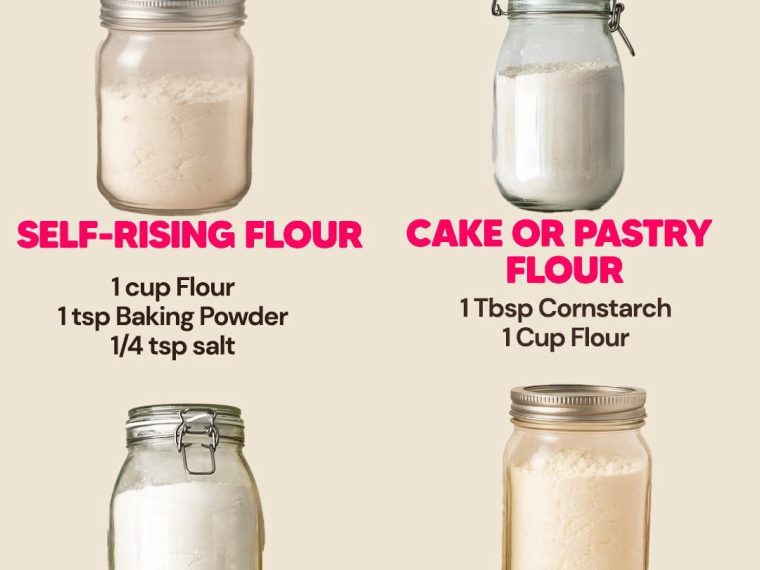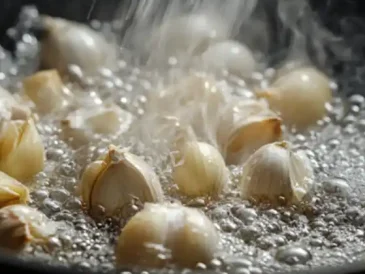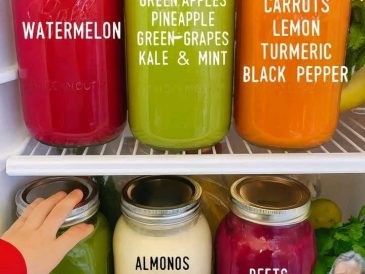💡 Why Spend Extra at the Store When You Can Whip Up These “Fancy” Flours Right in Your Own Kitchen? 🥖🍰
Walk down the baking aisle at any supermarket, and you’ll notice a wide variety of specialty flours—almond flour, oat flour, rice flour, coconut flour, and more. While these can be wonderful for gluten-free, healthy, or creative baking, they often come with a hefty price tag. The good news? You don’t have to pay extra! With a good blender or food processor, you can make these “fancy” flours at home for a fraction of the cost.
Why Make Your Own Flours at Home?
- Cost-effective: Whole oats, rice, or nuts are much cheaper than pre-packaged specialty flours.
- Freshness: Homemade flours don’t sit on a store shelf for months; they’re fresher and more flavorful.
- Customization: You can adjust the grind—coarse for breading, fine for baking—depending on your needs.
- No additives: Many store-bought flours contain preservatives or anti-caking agents. Homemade means 100% pure.
4 Easy Flours You Can Make at Home
1. Oat Flour 🌾
- How to make: Blend rolled oats until they turn into a fine powder.
- Best for: Muffins, pancakes, quick breads, cookies.
- Tip: Sift after blending for a smoother flour.
2. Almond Flour 🌰
- How to make: Pulse blanched almonds in a food processor until finely ground.
- Best for: Gluten-free baking, macarons, cakes, pie crusts.
- Tip: Don’t over-blend, or you’ll end up with almond butter!
3. Rice Flour 🍚
- How to make: Grind uncooked white or brown rice until powdery.
- Best for: Gluten-free bread, noodles, thickening sauces.
- Tip: Toast the rice lightly before grinding for a nuttier flavor.
4. Coconut Flour 🥥
- How to make: Blend dried, unsweetened coconut flakes into a fine powder.
- Best for: Low-carb or paleo baking, desserts, coatings.
- Tip: Coconut flour is very absorbent—use less than regular flour in recipes.
Storage Tips
- Store homemade flours in airtight containers.
- Keep in a cool, dark place for up to 2 months.
- For longer storage, refrigerate or freeze nut-based flours like almond or coconut.
Final Thoughts
You don’t need to spend a fortune on specialty flours to enjoy creative and healthy baking. With just a blender and some basic pantry staples, you can whip up your own oat flour for pancakes, almond flour for macarons, rice flour for noodles, and coconut flour for low-carb desserts. Fresh, affordable, and versatile—making your own flour at home is a smart kitchen hack every baker should try!





